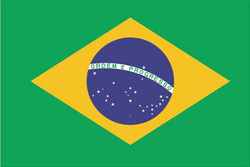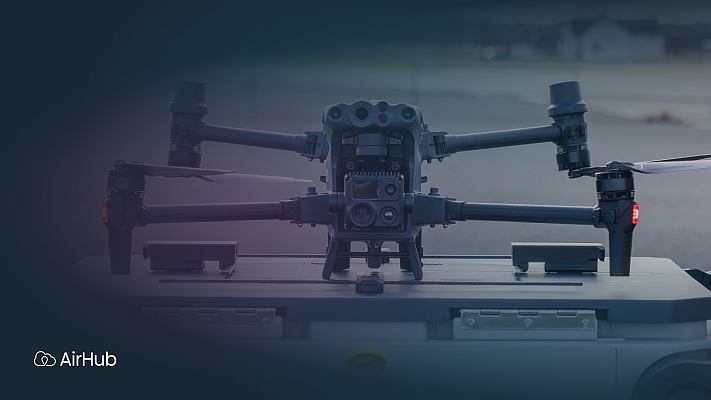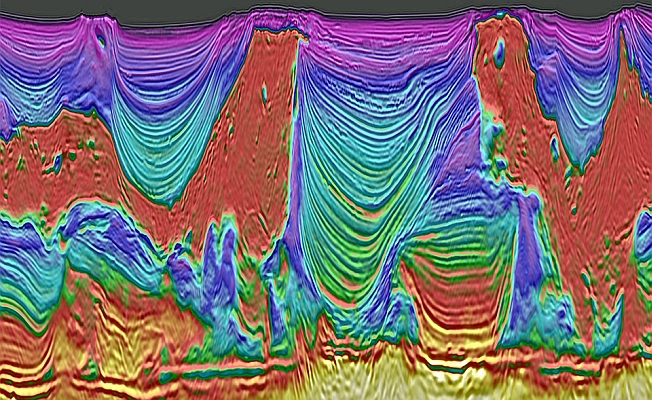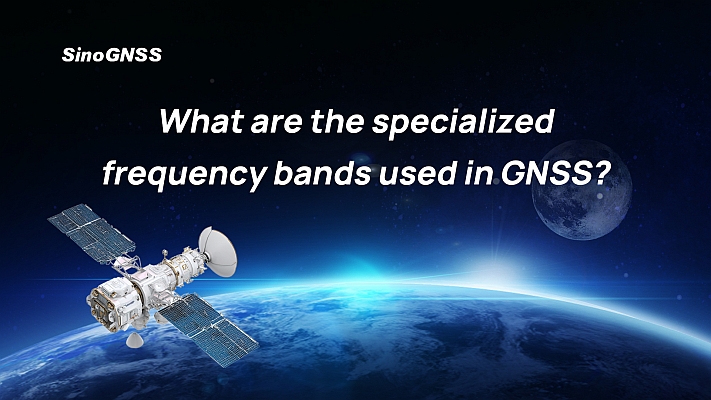 The OGC® membership seeks public comment on the candidate OGC SensorThings API Standard, Part 1. The OGC SensorThings API is a free and non-proprietary lightweight interface specification that simplifies and accelerates the development of Web-based Internet of Things (IoT) applications.
The OGC® membership seeks public comment on the candidate OGC SensorThings API Standard, Part 1. The OGC SensorThings API is a free and non-proprietary lightweight interface specification that simplifies and accelerates the development of Web-based Internet of Things (IoT) applications.
Application developers can use this open standard to connect to various IoT devices and create innovative applications without needing to individually integrate the heterogeneous protocols of the different IoT devices, gateways and services. System manufacturers can embed the OGC SensorThings API in their IoT hardware and software platforms so that the different platforms’ IoT devices can effortlessly connect with other servers that implement the standard. Because device location communication is useful in almost every IoT application, an open, lightweight, widely used standards-based location encoding is part of the SensorThings API.
This new standard is designed specifically for resource-constrained IoT devices and the Web developer community. The candidate standard follows REST principles and uses an efficient JSON encoding and the flexible OASIS OData URL conventions.
The candidate OGC SensorThings API Standard was designed to be compatible with a rich set of proven and widely-adopted open standards, such as the Web protocols and the OGC Sensor Web Enablement (SWE) standards, including the ISO/OGC Observation and Measurement Encoding Standard. Thus the OGC SensorThings API is extensible and can be applied in both simple and complex use cases.
At a high level the OGC SensorThings API provides a Sensing Profile and a Tasking Profile. The Sensing Profile, which is Part 1, provides a standard way to manage and retrieve observations and metadata from heterogeneous IoT sensor systems, similar to the OGC Sensor Observation Service (SOS) Interface Standard. The Tasking Profile, when completed as SensorThings Part 2, will provide functions similar to the OGC Sensor Planning Service (SPS) Interface Standard.
The SensorThings API RFC can be downloaded from http://www.opengeospatial.org/standards/requests/134. Comments are due by 18 July 2015.
The OGC is an international geospatial standards consortium of more than 500 companies, government agencies, research organizations, and universities participating in a consensus process to develop publicly available standards. OGC standards support interoperable solutions that “geo-enable” the Web, wireless and location-based services, and mainstream IT. Visit the OGC website at http://www.opengeospatial.org/contact.







